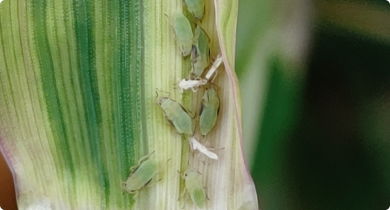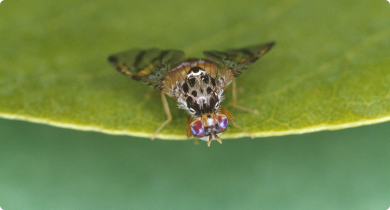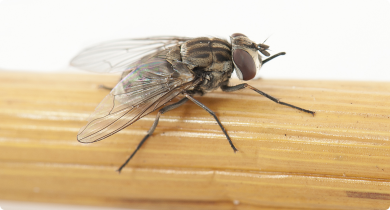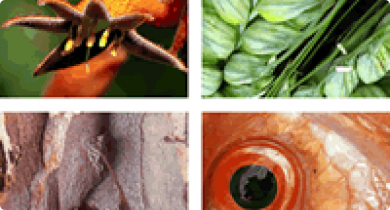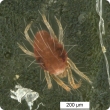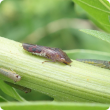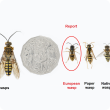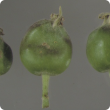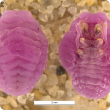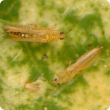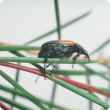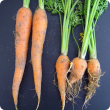Pests
Animal pests, both vertebrates (backbone) and invertebrates (no backbone), can have an adverse impact on agriculture, the natural environment and even our lifestyle. Animal pests may be exotic animals which are introduced, either accidentally or deliberately. Native animals may also be pests in certain situations.
The Department of Primary Industries and Regional Development manages pests in Western Australia through policy development, risk assessment, research and development, provision of technical advice and information, implementation of regulation, emergency response, property inspections, industry liaison, and the planning and coordination of significant species control/eradication programs.
For advice on pests search our website, the Western Australian Organism List or contact our Pest and Disease Information Service (PaDIS).
For diagnostic services, please contact our Diagnostic Laboratory Services.
See Also
Articles
Filter by search
Filter by topic
- (-) Remove Horticulture filter Horticulture
- Crops (8) Apply Crops filter
- (-) Remove Nursery & cutflowers filter Nursery & cutflowers
- Pest insects (5) Apply Pest insects filter
- Fruit (4) Apply Fruit filter
- Biosecurity (4) Apply Biosecurity filter
- Biosecurity & quarantine (4) Apply Biosecurity & quarantine filter
- Vegetables (3) Apply Vegetables filter
- Plant biosecurity (2) Apply Plant biosecurity filter
- Grapes & wine (2) Apply Grapes & wine filter
- Production & postharvest (1) Apply Production & postharvest filter
- Potatoes (1) Apply Potatoes filter
- Postharvest (1) Apply Postharvest filter
- Pumpkin (1) Apply Pumpkin filter
- Pome fruit (1) Apply Pome fruit filter
- Tomatoes (1) Apply Tomatoes filter
- Stone fruit (1) Apply Stone fruit filter
- Weeds (1) Apply Weeds filter
- Grains (1) Apply Grains filter
- Diseases (1) Apply Diseases filter
- Carrots (1) Apply Carrots filter
- Capsicums and chillies (1) Apply Capsicums and chillies filter
- Irrigated crops (1) Apply Irrigated crops filter
- Lettuce (1) Apply Lettuce filter
- Nematodes (1) Apply Nematodes filter
- Mites & spiders (1) Apply Mites & spiders filter
- Pastures (1) Apply Pastures filter

